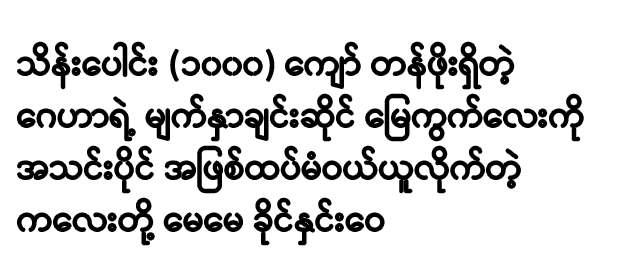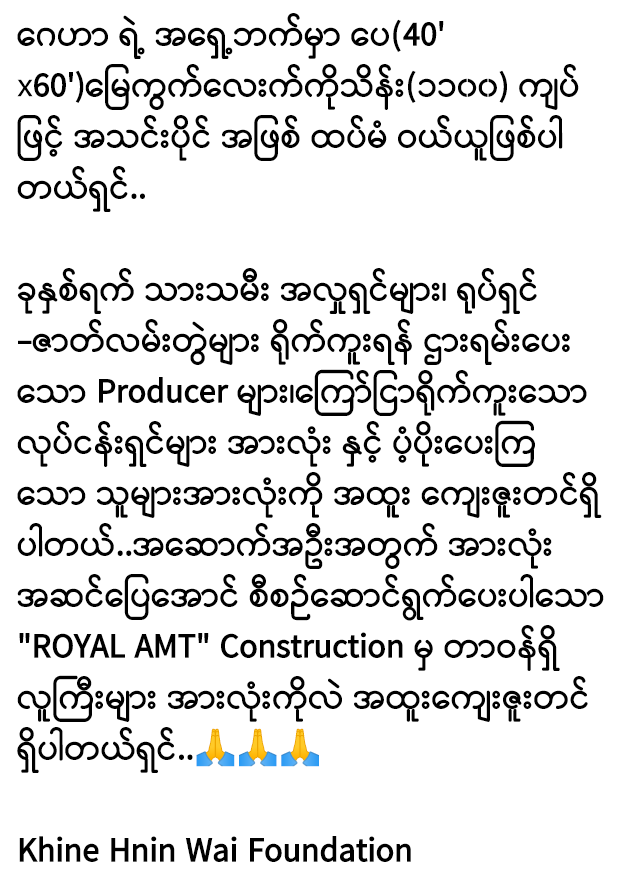








Blockchain in Healthcare: Securing Patient Data and Streamlining Processes
Unlock the potential of healthcare with Blockchain technology. Explore how Blockchain ensures the security of patient data and streamlines administrative processes in our in-depth guide.
Blockchain in Healthcare revolutionizes data management, providing a secure and efficient framework for patient information. This article delves into the multifaceted aspects of Blockchain, exploring its significance and impact on the healthcare landscape.
Importance of Blockchain in Healthcare
Enhanced Security in Patient Data
In the ever-evolving digital age, securing patient data is paramount. Blockchain’s cryptographic techniques create an immutable ledger, minimizing the risk of unauthorized access and data breaches.
Streamlining Administrative Processes
Blockchain’s decentralized nature eliminates intermediaries, simplifying administrative tasks. Smart contracts automate processes, reducing paperwork and enhancing operational efficiency.
Advantages of Blockchain in Healthcare
Immutability and Transparency
Blockchain ensures the integrity of health records through its immutable structure. Transparency is enhanced, fostering trust among healthcare stakeholders and patients.
Decentralized Control
Centralized systems are prone to single points of failure. Blockchain distributes control, mitigating the risk of system failures and ensuring continuous access to critical healthcare data.
Use Cases of Blockchain in Healthcare
Electronic Health Records (EHRs)
Blockchain secures EHRs, providing a unified and tamper-proof repository. Patients have greater control over their data, and healthcare providers access accurate and real-time information.
Drug Traceability
Blockchain ensures the authenticity of pharmaceuticals by tracing the entire supply chain. This not only combats counterfeit drugs but also enhances patient safety.
Challenges and Solutions
Interoperability
Interoperability remains a challenge in healthcare. Blockchain facilitates seamless data exchange among disparate systems, fostering collaboration and improving patient care.
Data Privacy Concerns
Blockchain addresses data privacy concerns through permissioned access. Patients control who can view their information, ensuring confidentiality while maintaining data integrity.
Future Trends
Integration with Emerging Technologies
Blockchain integrates with AI and IoT, unlocking new possibilities in personalized medicine and healthcare analytics. The synergy of these technologies enhances diagnostic accuracy and treatment outcomes.
Global Adoption of Blockchain in Healthcare
The global healthcare community is gradually adopting Blockchain. Standardization and collaborative efforts drive the widespread adoption, promising a transformative future.
Regulatory Landscape
Compliance and standards are crucial in healthcare. Blockchain solutions adhere to regulatory requirements, providing a secure and compliant environment for healthcare data management.
Blockchain Implementation Steps
Building a Consortium
Establishing a consortium of healthcare stakeholders fosters collaboration. It ensures a unified approach to Blockchain implementation, addressing industry-wide challenges.
Smart Contracts
Implementing smart contracts automates processes like insurance claims and billing. This not only reduces administrative overhead but also minimizes errors and fraud.
Case Studies
Successful Implementations
Explore real-world examples of successful Blockchain implementations in healthcare. These case studies showcase the tangible benefits, inspiring confidence in adopting this transformative technology.
FAQs
How does Blockchain Ensure Data Security in Healthcare? Blockchain’s cryptographic techniques and decentralized structure ensure data security by preventing unauthorized access and maintaining an immutable record of transactions.
What Challenges Does Blockchain Face in the Healthcare Sector? Challenges include interoperability issues and initial resistance to change. Overcoming these hurdles requires industry collaboration and awareness campaigns.
How Can Healthcare Providers Overcome Resistance to Blockchain Adoption? Education and demonstration of Blockchain’s benefits are key. Showcasing successful implementations and addressing concerns can alleviate resistance.
Is Blockchain Affordable for Small Healthcare Organizations? Blockchain implementation costs vary, but the long-term benefits in data security and efficiency outweigh initial expenses. Small organizations can explore consortiums for cost-sharing.
What Role Does Blockchain Play in Drug Authentication? Blockchain ensures drug traceability from manufacturing to distribution, preventing counterfeit drugs. This enhances patient safety and builds trust in pharmaceuticals.
How Does Blockchain Contribute to Interoperability in Healthcare? Blockchain’s decentralized architecture facilitates seamless data exchange between different healthcare systems, addressing interoperability challenges.
In conclusion, Blockchain in Healthcare emerges as a transformative force, securing patient data and streamlining processes. Embracing this technology is not merely a trend but a strategic move towards a future where healthcare is efficient, secure, and patient-centric.
